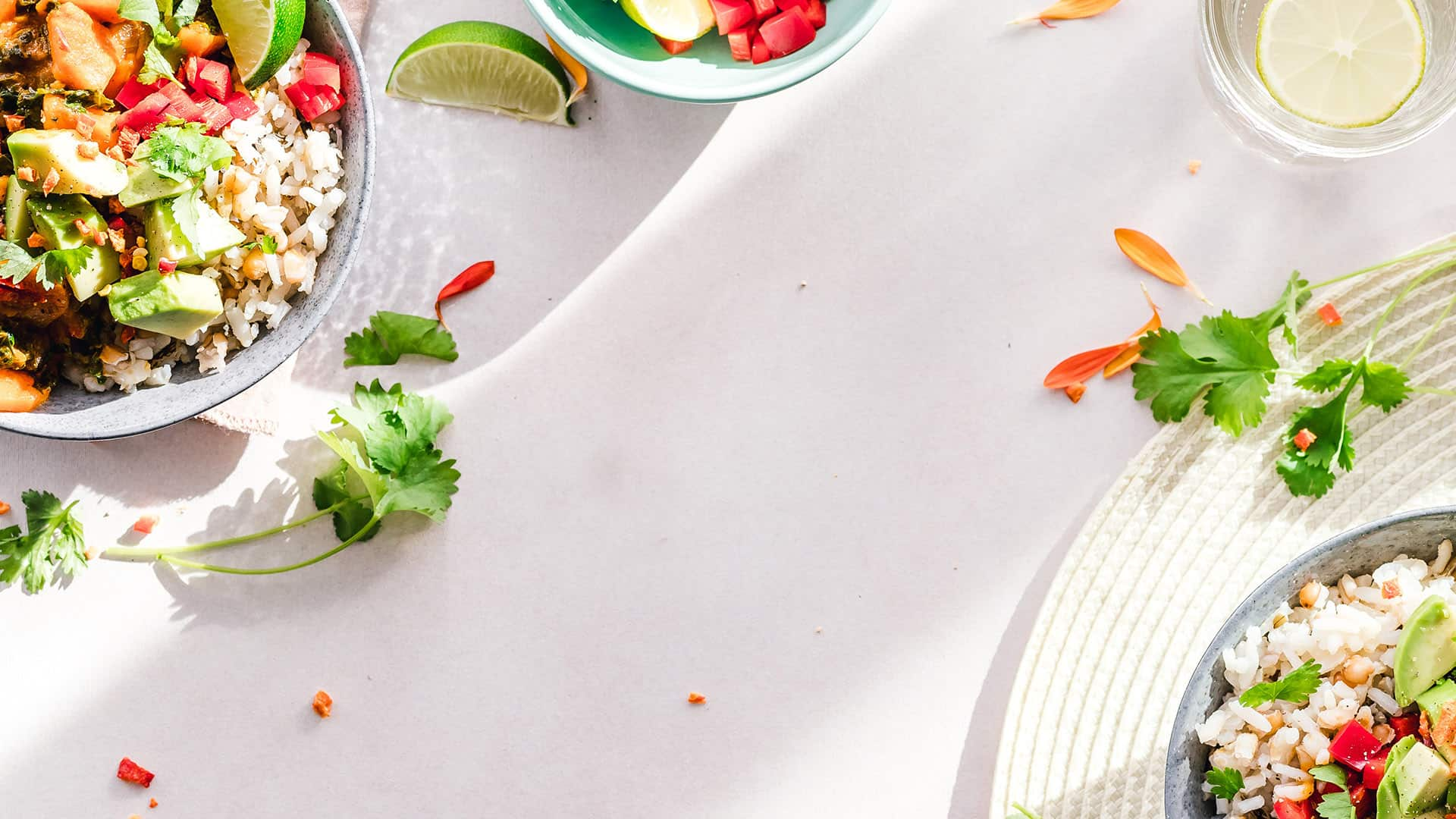

The green city: University of Rhode Island team wins US$970,000 grant to map alternative urban food networks
John Taylor, Associate Professor of Agroecology at the University of Rhode Island, has received a US$973,479 award from the National Institute of Food and Agriculture, one of 12 to receive funding through the institute’s Urban, Indoor, and Other Emerging Agricultural Production Research, Education and Extension Initiative. The agency’s US$9.4 million in grants are part of a broad US Department of Agriculture investment in urban agriculture, funding research that addresses key problems in urban, indoor and emerging agricultural systems.
This is Taylor’s first grant from the institute and the largest grant he’s received in his career. The College of the Environment and Life Sciences has received nearly US$14 million in funding in the current fiscal year to date.
The project will bring together an array of work taking place at URI: Taylor’s research with immigrant gardeners and farmers in Rhode Island, Julie Keller’s agriculture-focused work with diverse communities, Melva Treviño Peña’s work with immigrant fishers, and Patrick Baur’s work on food safety and urban agriculture.
Gardening and farming in the urban environment has long been the focus of this faculty member in URI’s Department of Plant Sciences and Entomology. Taylor received his Ph.D. in crop sciences at the University of Illinois Urbana-Champaign, where he conducted research on urban agriculture in Chicago. He mapped urban food across the Windy City, from gardens in backyards and vacant lots to urban farms, a project that attracted attention from NPR and The Atlantic.
Taylor was one of the coordinators for last year’s Honors Colloquium course, Just Good Food, which brought in a range of speakers to look at food systems. He employs mixed methods to explore the dynamics of urban and urbanizing systems.
At URI, Taylor’s 'home garden' is a quarter-acre plot at the Gardiner Crops Research Center on Thirty Acre Pond Road at the bottom of the Kingston Campus. His plot, visible from Plains Road, represents in microcosm the immigrant foodways he’ll be studying for his research for the grant during the next few years. At URI’s Agrobiodiversity Learning Garden and Food Forest, he grows crops that are integral to the food traditions of Rhode Island’s diverse communities: South American sweet potatoes, Mexican tomatillos, Haitian tomatoes, Mediterranean herbs, Asian bok choi, and produce from an African diaspora garden. Taylor tends the garden with students in URI’s Plant Sciences and Sustainable Agriculture and Food Systems programs and URI Master Gardeners, demonstrating how sustainable farming reinforces community-building in any setting.
With the learning garden, he follows a lead set by generations of immigrants who moved to Providence and cities like it, bringing their growing practices, and sometimes seeds, with them.
“My diverse personal, professional, and educational experiences inform my teaching and research at URI,” said Taylor. A descendant of five generations of Pennsylvania farmers, he grew up on a 100-acre integrated crop-livestock farm near Pittsburgh. Taylor began gardening at the age of six and started a market garden while in high school. He left the farm to attend the University of Chicago, where he studied philosophy. He then managed federal education studies for 10 years before returning to school to study horticulture and practice landscape architecture.
Although always a part of city life, urban agriculture has recently attracted increased attention in the United States, as a strategy for stimulating economic development, increasing food security and access, and combating obesity and diabetes. Developing effective policies and programs demands as a first step the accurate mapping of existing urban agriculture sites. Taylor hopes to provide that template.
Taylor and colleagues at URI, the University of Maryland, and the University of the District of Columbia will soon begin mapping the alternative food provisioning networks of immigrant communities and communities of color in three US East Coast cities – Providence, as well as Baltimore and Washington, D.C. – to better understand these networks.
He hopes that this transdisciplinary research will reap new information about alternative food provisioning networks in the Northeast, evaluating their impact on food system outcomes and identifying opportunities for policy support.
URI is the only University in New England to receive funding for the initiative, which will run through March 2027. “This speaks to the expertise of the team we’ve put together here at URI,” said Taylor.
Outreach to urban growers and coastal fishers in each city will start this spring.
If you have any questions or would like to get in touch with us, please email
info@futureofproteinproduction.com






